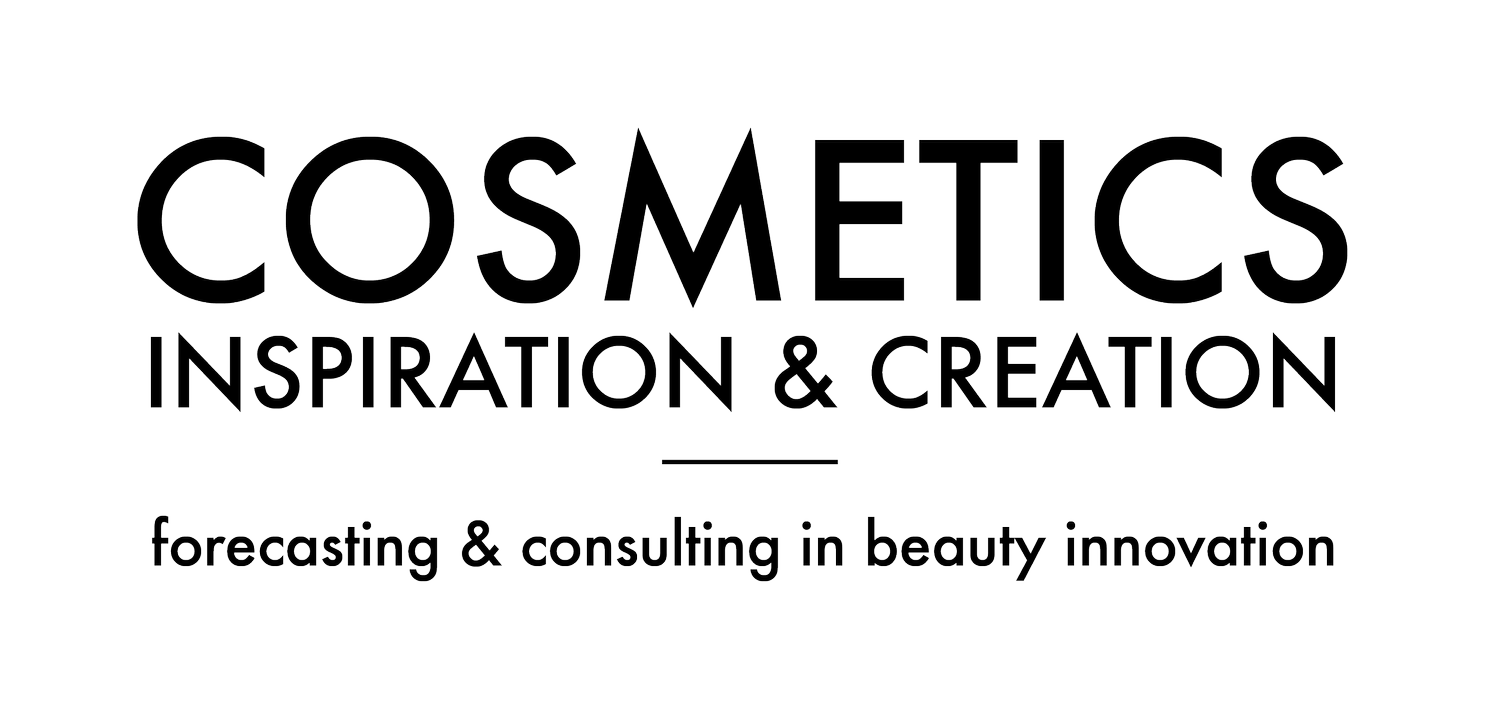Photo: Indu - source Instagram
Generation Alpha is making waves in the beauty industry as indirect purchasers but also as a major influence over other generations. However, the #SephoraKids phenomenon – young skintellectuals buying into adult-skewed beauty brands - has raised concerns regarding marketing to minors and has triggered a wave of scrutiny into beauty brand ethics. Now, this cohort of 2 billion is being catered to by a new wave of brands that speak directly to their needs.
Who is Gen Alpha?
Gen Alpha is the generation born from 2010 (to 2025), totaling over 2 billion people worldwide - making them the largest generational cohort. More than digital natives, they are also the first generation to experience remote services - from streamed entertainment to virtual classrooms.
Beauty addicts
Gen Alpha is a generation of beauty addicts, with teens now spending an average of $324 annually on core beauty products, up +23% YoY (Source: US - Piper Sander). Gen A’s projected combined spending power in 2024 exceeds $5.39 trillion, surpassing Millennials and outpacing Gen Z. It is clear that there is a huge opportunity for brands to capture the imaginations of this highly engaged demographic.
Major household influencers
Gen Alpha exert more influence over their parents than any other generation that has preceded them - 92% of Gen Alpha parents say their children regularly introduce them to products, services, or brands (Source: DKC’s analytics group). This influence extends over nearly every product category, including Prestige beauty, where spending in households with children outpaces those without (16% vs 6%, Source: Circana). Prestige fragrance sales among higher-income households (over $100,000) with children also grew at twice the rate compared to households without children (Source: Circana Q1, 2024).
Creating a new Eldorado
Progressive brands are beginning to walk the tightrope between appealing to Gen Alpha skintellectuals while mitigating the ethical dilemma of promoting responsible skincare usage.
These include brands like Indu (UK), which has just secured $5.1M in seed funding (led by Unilever Ventures) and will launch into US stores in 2025. Formulated for and by teens, Indu works with a community of over 250 young consumers to develop its product range and marketing campaigns. In June, the brand launched the Indu 101 blog - a content platform designed to educate teens about skincare and provide a safe space for experimenting with new makeup trends. Also taking an educational approach, teen skincare brand Byoma (UK) has created the “MiSKINformed” campaign to highlight misinformation in the skincare space. Bubble (US) recently collaborated with the Pixar movie Inside Out 2 (a movie about the mental health experiences of a pre-teen) to create a three-step barrier-boosting routine designed to address “your days’ ups and downs”.
The Cosmetics IC Take
Between business opportunities and ethical dilemmas, brands must consider this generation with caution. Successful brands already operating in this space (outlined above) not only share an affordable and accessible price point but also share a transparent approach that appeals to both Alphas and their parents. Brands must propose age-appropriate answers to young consumers’ needs and take on the role of educators and myth-busters (as we’ve seen Dove and Kiehl’s do to great effect recently).
As Alphas exert their influence over the industry, the agency continues to pay close attention to their behaviors and needs. To understand the specificities of this fascinating new generation of beauty consumers and explore new business opportunities, contact us today for your Gen Alpha Beauty report. In the meantime, you can explore our latest trend report, Makeup Inspiration from the USA: Higher Perspectives, where we dive into the current dynamics shaping the makeup sector.

